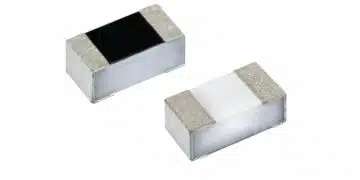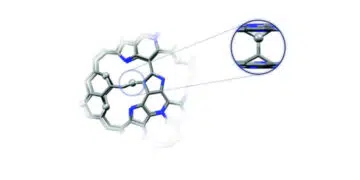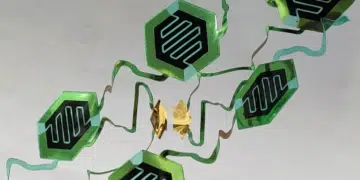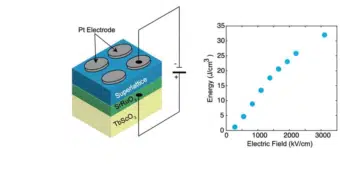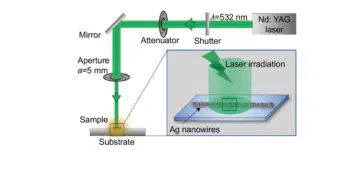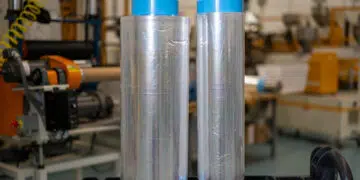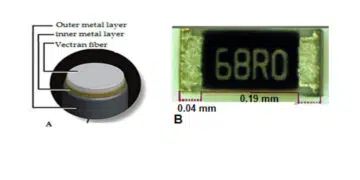New Technologies
Researchers Aim Prototyping of Next Gen High-Energy Graphene Supercapacitors
A high-energy, high-power density safe, and environmental friendly next gen supercapacitor, i.e., a device for storing electrical energy, will be...
Read moreDetailsSustainable Nitrogen Doped Graphene Electrode Material Yield Record High Energy and Power Density Supercapacitors
Nitrogen-enriched graphene material developed by researchers from CATRIN Regional Centre of Advanced Technologies and Materials (RCPTM), Olomouc, Czech Republic is...
Read moreDetailsResearches Developed Fast and Low Cost Prototyping Technique to Make Wearable Stretchable Sensors and Supercapacitors
Engineers at UC Berkeley have developed a new technique for making stretchable flexible electronics - wearable sensors and supercapacitors -...
Read moreDetailsResearchers Propose New Lead-Free Antiferroelectric Material for High Energy Capacitors
Group of researchers from Cornell University, US propose a new lead-free antiferroelectric dielectric material made from bismuth, iron and oxygen...
Read moreDetailsHigh Energy Flexible Supercapacitors for IoT Applications
In a paper published in the journal Nanoscale, the research team shows how a high energy supercapacitor can be efficiently...
Read moreDetailsLaser nano-Soldering Yields High-Conductive Silver nano-Wire Electrodes
Researchers at Jinan University and the Chinese Academy of Sciences developed a plasmon-enhanced laser nanosoldering technology to increase the electrical...
Read moreDetailsElectroninks Releases Gold and Platinum Particle-Free Conductive Inks
Electroninks expands line of particle-free conductive inks with new gold and platinum formulations. Broader selection of metals fuels innovation in...
Read moreDetailsPeak Nano Installs Production Line for Innovative Capacitor Films
Peak Nano Films, a U.S.-based nanotechnology company, commissioned a cast nanolayered innovative capacitor films line for processing a breakthrough dielectric...
Read moreDetailsElectrical Properties Study of SMD Resistor Integrated Metallic Yarn for Smart Textiles
Researchers in study published by the journal Materials, evaluated the effects of different external factors such as strain, temperature, abrasion,...
Read moreDetailsPower Paper Shows Promise of Clean High Energy Storing Capability
A new pilot study from the Digital Cellulose Center on a greentech power paper shows promise for high-capacity storage of...
Read moreDetails





